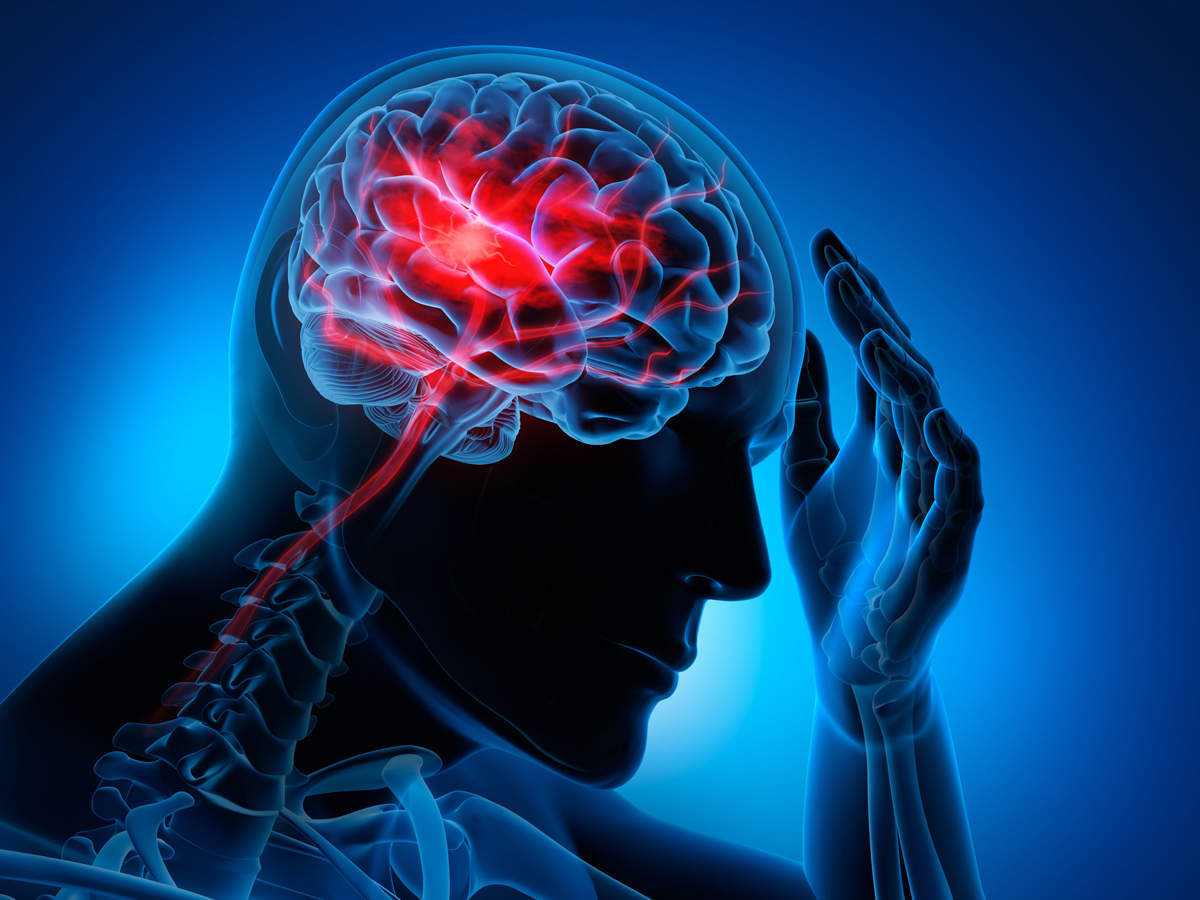Neurological conditions are illnesses that affect the central and peripheral nervous systems, disrupting brain processes, spinal cord functions, and neuromuscular activities. These disorders can manifest as neurodegenerative diseases, neuromuscular disorders, neurocutaneous syndromes, neurodevelopmental disabilities, neuropsychiatric conditions, and neuroimmune disorders.
The most common symptom of neurological disorders is impaired brain function, which may result in difficulties with clear thinking or attention to detail. Other symptoms can include problems with balance and coordination, changes in muscle tone and posture, facial weakness or paralysis, seizures, speech difficulties, vision problems, headaches, memory loss, and behavioral changes.
Neurological disorders can significantly impact quality of life, making accurate diagnosis and effective treatment essential. Diagnosing these conditions often involves a thorough medical history, physical and neurological exams, brain imaging, and neuropsychological assessments. Treatments are typically individualized and may include medications, psychotherapy, occupational therapy, speech therapy, cognitive behavioral therapy (CBT), and lifestyle modifications.
Understanding the symptoms and effects of neurological disorders is key to ensuring timely and appropriate care. With proper treatment, individuals can manage their symptoms and lead fulfilling lives.
Research into neurological disorders has provided valuable insights into their manifestation, neuropsychiatric symptoms, and available treatments. Advances in neuroimaging technologies, such as MRI and fMRI, allow neuroscientists to identify structural brain changes associated with these conditions. Additionally, studies have established genetic links to disorders like Huntington’s disease, bipolar disorder, and schizophrenia.
Ongoing research holds the promise of developing new therapies and treatments to improve the lives of patients. In the meantime, support from family, friends, and healthcare professionals is crucial for helping patients manage their symptoms and adhere to personalized treatment plans.
For more information on neurological disorders and their implications, consult your doctor or a specialist in the field. With the right support network and treatment, patients can find relief and maintain a good quality of life.
